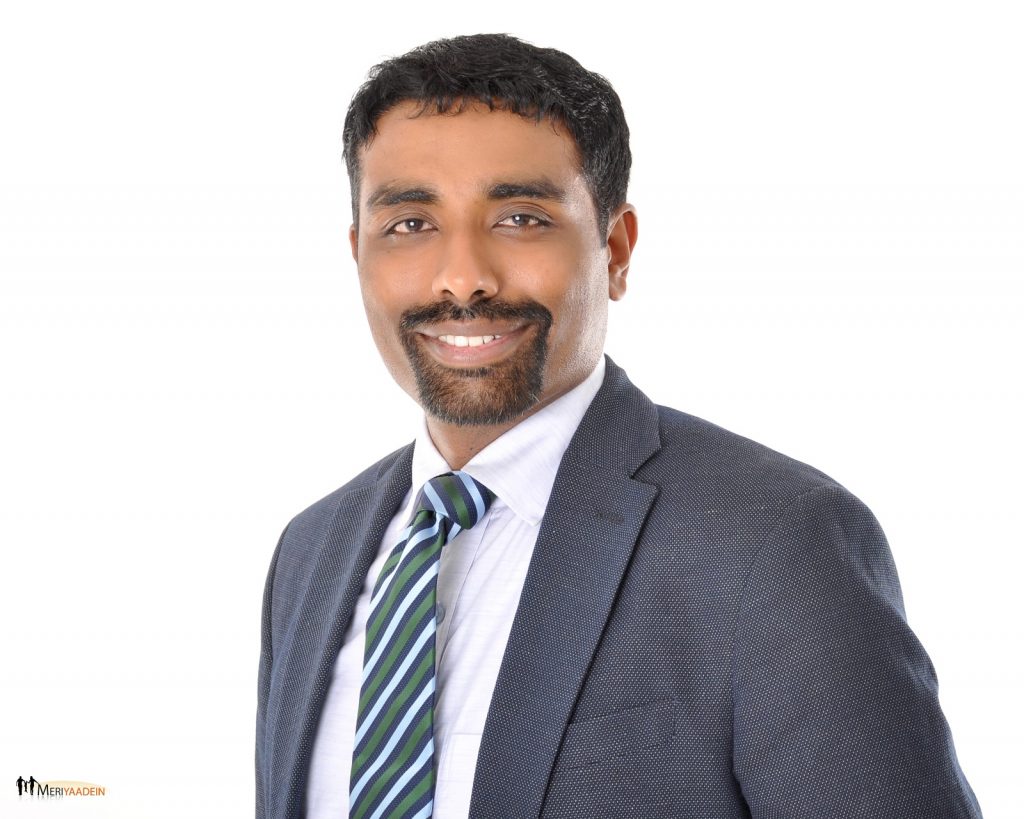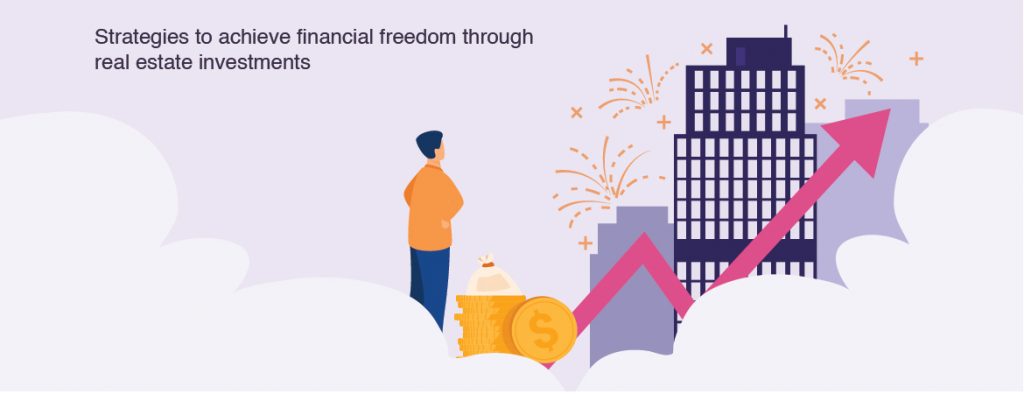
Q1. Can you tell us about your journey in the real estate industry and how you became passionate about marketing and business strategy?
I started my career after completing my Civil Engineering and master’s in advanced construction management. I joined an MNC real estate development firm in Bangalore, India, as a management trainee exploring various corporate roles. A few months into my career, I decided to join the “marketing team”. The Chairman of that firm thought I was crazy to opt to join the most terrible team in the firm. A role which would need me to turn around a marginal sales-support team into a mean nimble machine.
I didn’t have the work experience or qualifications to be part of such a team, let alone lead it. But I learnt the art of marketing – building the vertical up from first principles. The same principles have been adapted for various roles later. Turnarounds are a messy business, and few people are interested in getting their hands dirty.
Colleagues of mine have often called me a “real estate baby”. (laughing)
Q2. With your diverse background in civil engineering, MBA, and various roles in real estate, management consulting, and real estate start-ups, how has this shaped your approach to transformational change?
Early in my career, I realized that the CXOs of real estate firms are rarely engineers but marketing and finance experts. It’s one of those “fact is stranger than fiction” observations. Strange right? There is a higher probability that a chartered accountant, not a civil engineer will lead a real estate development or RE investment firm. This is a global phenomenon.
Perhaps skills like brand building are more critical than knowing the colour of cement. I don’t necessarily agree with this point of view, but I completely understand why. Pure engineers tend to be too myopic about the business aspects of growing a successful company. A brilliant marketeer with an average product can drive a firm profitably, but there are numerous case studies of firms with best-in-class products that have shut shop. In India, electrical cars (EVs) were launched back in 1994 by the Reva Electric Car Company. The firm had moderate success before being sold to Mahindra Electric Mobility. Today, this product is a marginal player in the automotive industry. Compare this sad story with Elon Musk’s Tesla.
Q3. As a transformational leader in the real estate industry, what strategies do you believe are essential for achieving financial freedom through real estate investments?
Don’t follow the herd! The point is you want to create a freedom lifestyle when you can enjoy it and not when you have one leg in the grave. Millennials and GenZ get this point well. You can see the new generation striving for experiences over hoarding belongings.
Look at investing in assets with multiple viewpoints and goals. Strive to build assets that generate cashflows. You see millions of vacant plots bought and lying idle for decades together. Liquidity is King during economic downturns – liquid assets need to be the cornerstone of your investment strategy.
Q4. You mentioned a focus on sustainable business practices. How do you see the intersection of sustainability and financial freedom in the real estate sector?
I see certain trends shaping the real estate industry – sustainable green buildings, impact investing, and increased use of prop-tech in every aspect of the business. ESG regulations will demand a business report not only on business profits but also the impact on society and the environment. Earlier, these were niceties but no more. Profits at all costs is an outdated idea.
Q5. As a change agent and turnaround expert, what advice would you give to someone who is looking to turn their financial situation around and achieve greater financial independence?
I think it’s a fair assumption that your viewers are well-educated. So why does the average Joe behave like an uneducated person from the 1950s? Most individuals invest in an identical fashion in identical assets as their grandparents. A red flag!
There is information at your fingertips with access to global assets with just a click on an app. Yet most people are comfortable with bank deposits and owning a home.
Start playing with Excel sheets to understand interest rates and inflation. Why would you accept a return of 5% per annum? Will that change your life? If not, you better start looking deep.
Q6. How important is customer-centricity in the real estate and investing sectors, and how do you ensure it remains a priority in your work?
Top priority. The words of my marketing strategy professor at IMD, Professor Frédéric Dalsace come to mind. He mentioned that everyone talks about customer centricity, but customer centricity is an elusive animal. No one knows what looks like or it means. Firms tend to throw in a few freebies, match their competitors’ offerings and add some new bells and whistles to their latest product.
If you look around the real estate market, there is a degree of sameness to most products. In the RE residential sector, products haven’t evolved over the last decade barring some minor innovations or government-mandated features like rainwater harvesting and smart meters. That’s sad.
Q7. Being a senior member of the Royal Institution of Chartered Surveyors and an accredited professional of LEED, how do these designations impact your investment decisions and outlook on sustainable real estate development?
The business environment is changing fast. Digitalization, AI, and sustainable green development is here to stay. Impact investing helping businesses create a positive impact to all stakeholders. Apart from creating sustainable products, businesses need to create inclusivity, wherein they cater to the emerging needs of the Millennials and GenZ population.
In the real estate industry in India and emerging countries, a pain point is the high investment threshold requirement to invest in luxury real estate. Young middle-class buyers find the investment large and lumpy, and real estate investments tend to be illiquid. I don’t think Millennials and GenZ are excited to be locked down to a 20-year mortgage. Why would you want to take such a gamble with your life? Globally, REITs are a great way to be part of the real estate action. Price points are no longer the issue since you can buy real estate for a few dollars per share.
Q8. What advice would you give to the women who aspire to become leaders in the real estate and investing fields?
Life has lived to be now. You cannot take wealth anywhere when you die. Statistically, women are better investors compared to men. But many women (including well-educated women) stay away or delegate this responsibility. This avoidance is a critical mistake which could jeopardize their future. There is no reason they can’t plan and stay on top of their finances. And look beyond bank deposits. You don’t have to be a financial whiz kid to invest in modern assets like fractionalized real estate or cryptocurrencies.
Financial education can correctly align your risk profile to the right assets. Don’t be closed to modern options – global real estate, stocks, REITs, commodities, Forex, cryptocurrencies, and digital assets. Start with experimenting with various asset classes. Instead of relying on tips and treats, go deep and educate yourself. Learn the ropes of that asset before venturing in, and then stay invested to understand the nuances of that asset class.
Q9. Lastly, what are your plans and aspirations in the realm of real estate investing and financial freedom? What do you hope to achieve in the coming years?
In my professional role of driving business strategy within the firm – my role has been expanded over time to include product conceptualization and change management. Alternative RE investment products and green buildings seem like potential areas for disruption.
With a well-rounded domain expertise, I enjoy the role of being a change-agent and turnaround expert. My learnings through live projects in IMD have helped fuel my passion towards the convergence of impact investing and the role of ESG in strengthening business practice. Passionate about personal investing and customer-centricity, I am exploring ideas to develop new-age RE products by integrating real estate, cryptocurrencies, prop-tech, and REIT’s.







 Allow notifications
Allow notifications
